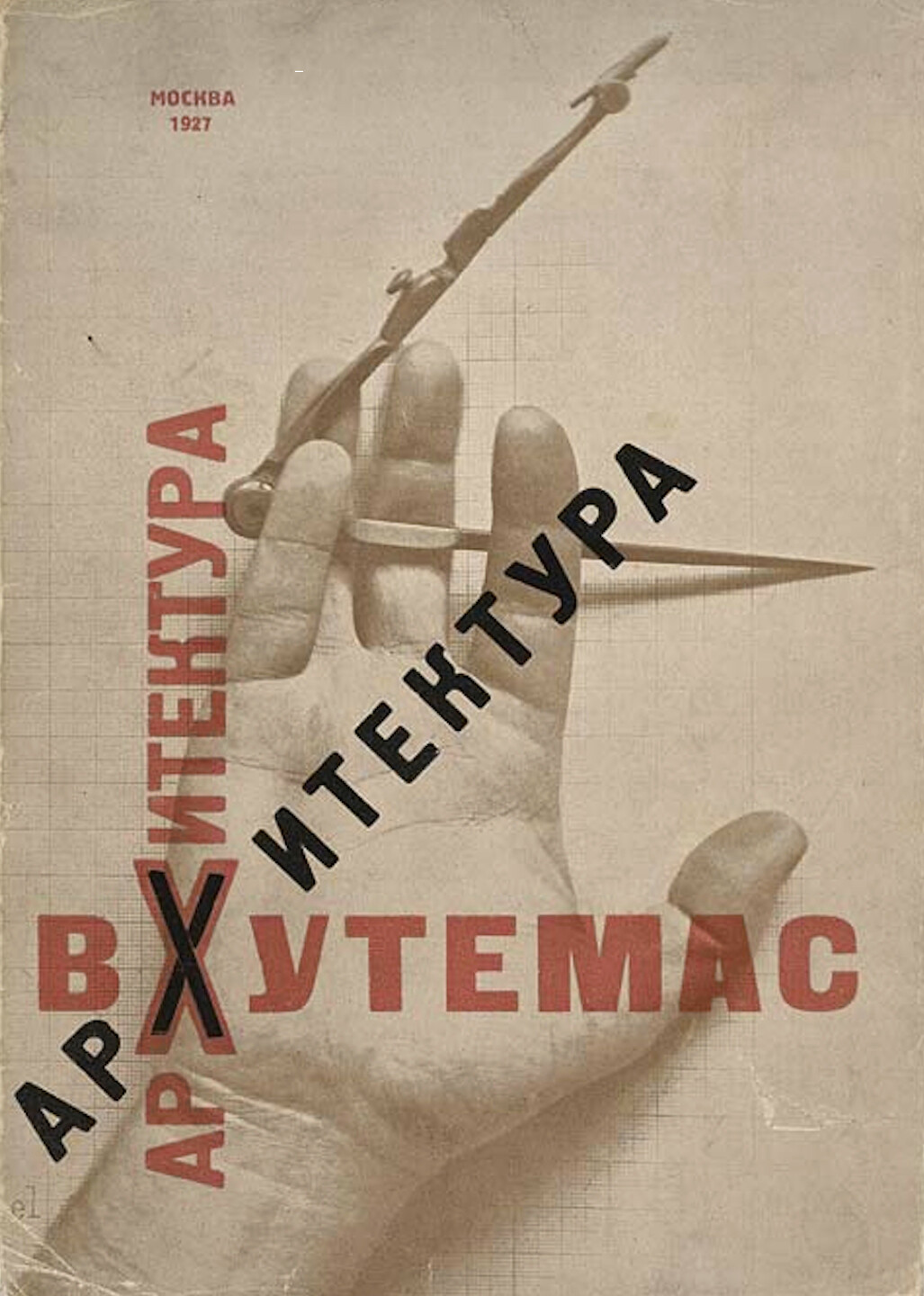To Laura Sparks (President, The Cooper Union for the Advancement of Science and Art) and Hayley Eber (Acting Dean, The Irwin S. Chanin School of Architecture):
We write to express our deep concern and disappointment about the Cooper Union’s last-minute decision to postpone indefinitely the opening of the exhibition Vkhutemas: Laboratory of the Avant-Garde, 1920–1930, which was slated for January 25. In a statement that has since been deleted from The Cooper Union’s website, Hayley Eber, Acting Dean of the Irwin S. Chanin School of Architecture, wrote that the decision to cancel the show on its opening day grew out of a concern over the appropriateness of the exhibition in the context of Russia’s ongoing war of aggression in Ukraine. We stand in full solidarity with the people of Ukraine and all those who oppose Russia’s unjustified and brutal invasion. To conflate the work of an architectural school based in Moscow a century ago (and shut down after just one decade in a wave of cultural and political suppression) with the actions of the Russian regime today, however, represents both a profound misunderstanding of the history of Vkhutemas and a troubling instance of censorship and historical erasure.
Vkhutemas, a Soviet art and architecture school established in 1920, was a ground-breaking experiment in art education. Based in Moscow, the capital of the newly established USSR, it sought—as The Cooper Union’s own statement rightly noted—to democratize art pedagogy, with students from all over the Soviet Union attending for free. Its mission of making cutting-edge arts education accessible to all was akin to that of The Cooper Union itself. This is also the spirit of the school that is channeled in the exhibition Vkhutemas: Laboratory of the Avant-garde, 1920–1930, which also features models, drawings, and animations made by the Cooper Union students. Vkhutemas was also a multi-ethnic and multinational space, with its members and affiliates coming from all over the Soviet Union, and beyond. Among its many Ukrainian-born faculty and students were Natan Altman, Iosif Chaikov, Olga Deineko, Daniil Fridman, Kazimir Malevich, Anatol Petrytsky, Isaak Rabinovich, David Shterenberg, Aleksandr Shevchenko, Nikolai Sokolov, and Lydia Zholtkevich, to name just a few. Many of these figures are also prominently featured in Avant-Garde as Method: Vkhutemas and the Pedagogy of Space, 1920-1930 (Park Books, 2020), the landmark publication by Anna Bokov, Adjunct Assistant Professor at your institution and the exhibition’s co-curator with Steven Hillyer, Director of the Irwin S. Chanin School of Architecture Archive at The Cooper Union.
We understand that this exhibition was postponed last year due to Russia’s invasion of Ukraine, and we respect the decision to do so, taken in consultation with the exhibition’s curators. This latest, eleventh-hour postponement is concerning in a different way, as it appears to have been in part fueled by an intellectually questionable article that appeared online last week, written by New York University professor Peder Anker, who is not an expert on Soviet or Ukrainian art and architecture. In his piece, Anker writes that “the Cooper Union should terminate this exhibition and put a pause on its courses on Soviet and Russian architecture.” Such a move would constitute a chilling impingement on academic freedom and education. We urge The Cooper Union to immediately engage in an open and responsible process, including conversations with the community as well as experts in the field, and to establish a timely date for the launch of Vkhutemas: Laboratory of the Avant-Garde, 1920–1930. This exhibition, which showcases work by former and current Cooper Union students, is an important reminder of the cultural experiments of the interwar years and their lasting legacies that stand in opposition to authoritarianism—both then and now.

